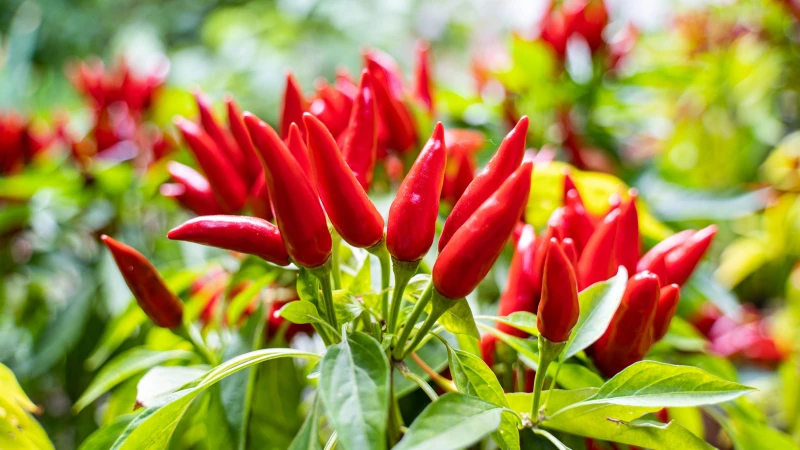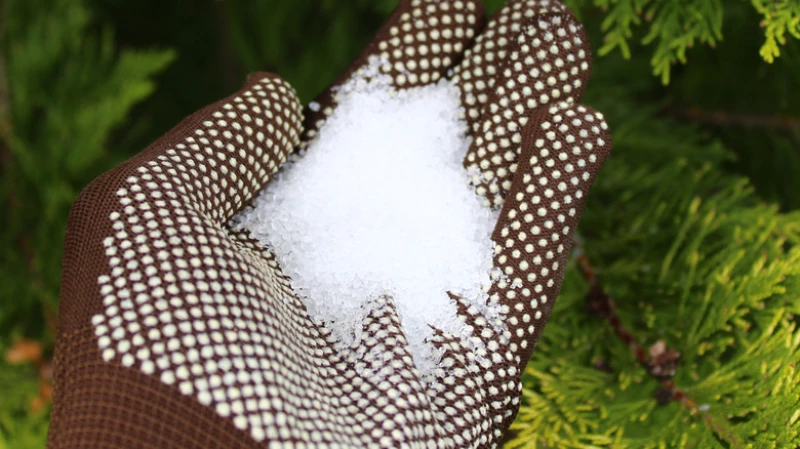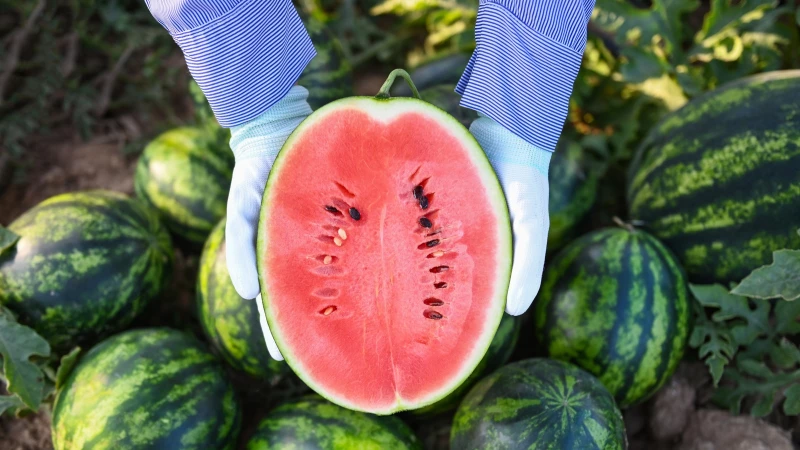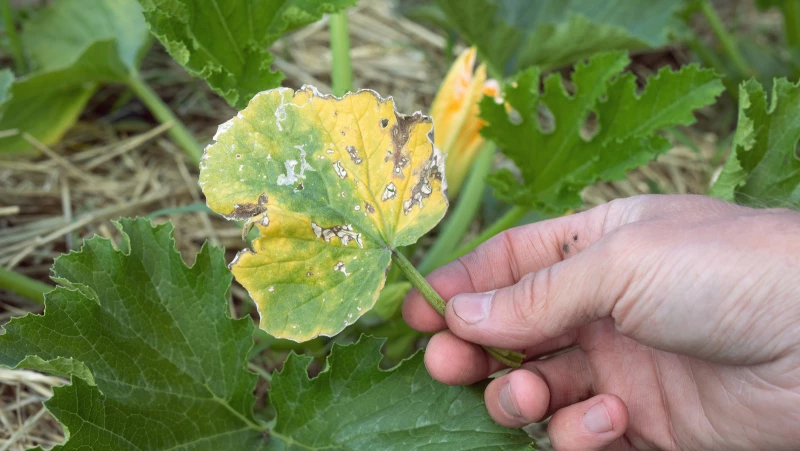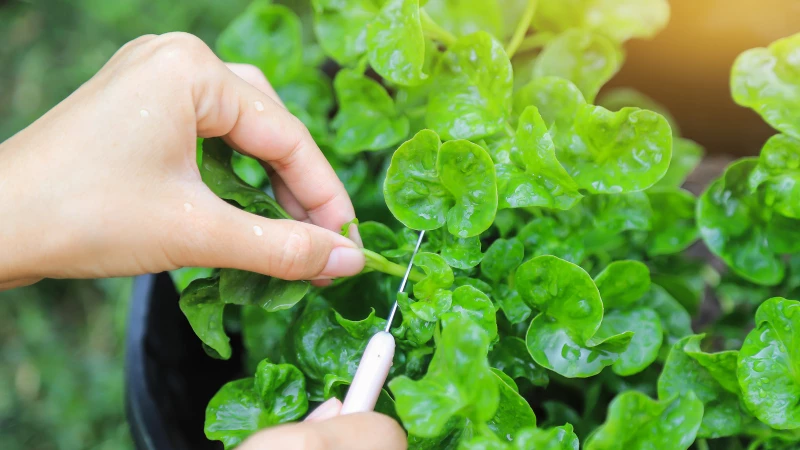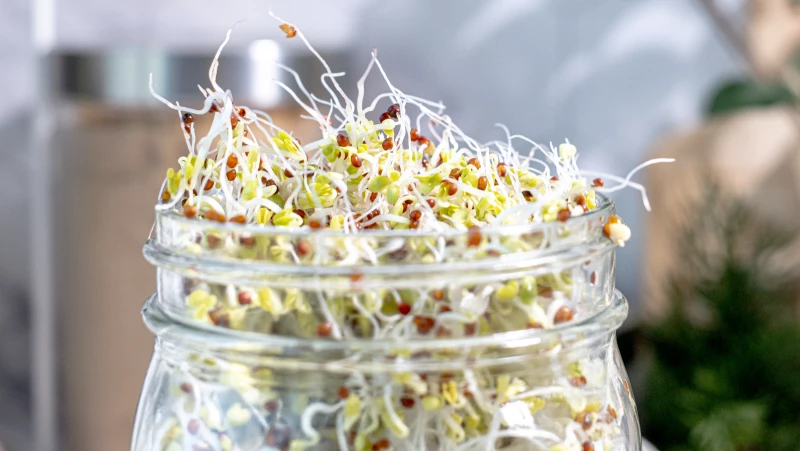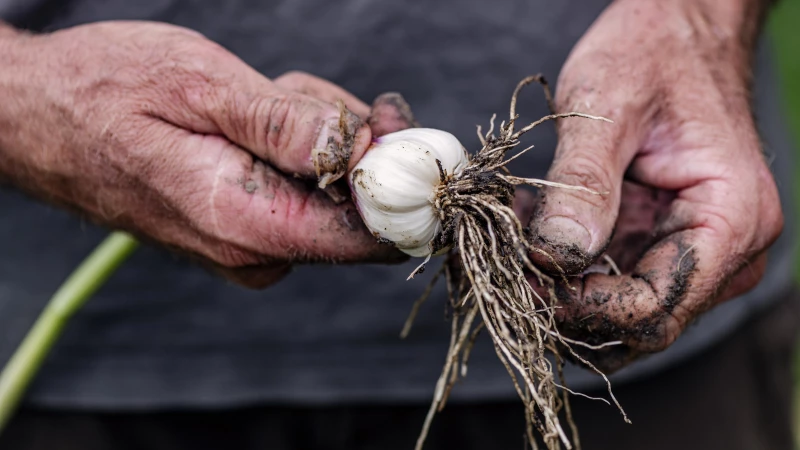When it comes to caring for your homegrown peppers (Capsicum annuum), the reward of delicious produce is worth the effort. From choosing the right planting time to managing watering and fertilization, there are key factors to consider. In the quest for eco-friendly and sustainable gardening practices, many enthusiasts are turning to natural remedies like Epsom salts to enhance the health of their capsicum plants – but this may not be the best approach. Despite popular beliefs, the University of Minnesota states that there is no scientific evidence to support the supposed benefits of using Epsom salts on peppers in terms of increased productivity, growth, or fruiting.
The only situation where Epsom salts may be beneficial is when the soil lacks magnesium, although this is uncommon as most soils in the U.S. are naturally rich in magnesium. However, if your garden soil is highly acidic (with a pH below 5.5, common in sandy or loamy soils) or experiences frequent leaching due to heavy rainfall or over-irrigation, it could be deficient in magnesium. In some cases, magnesium may also become unavailable in clay soils that have been heavily used. Therefore, it is essential to test your soil before considering the use of Epsom salts as a supplement.
Epsom salt: The Truth Behind the Hype
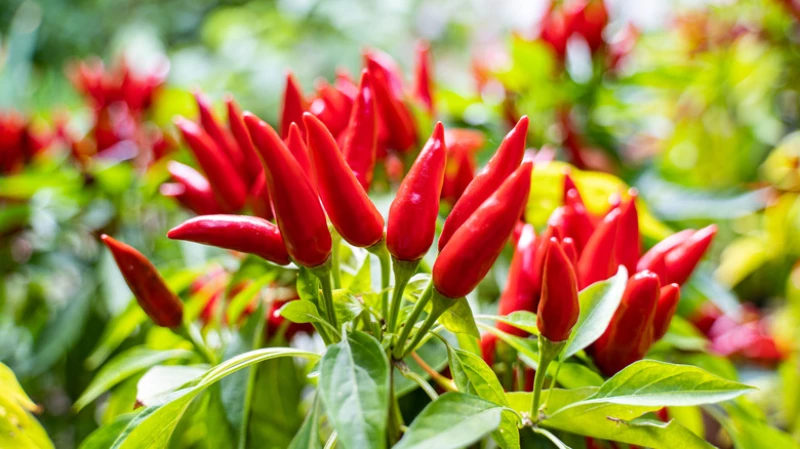
Pepper plants, like all plants, can exhibit interveinal chlorosis when they lack magnesium. This condition causes the tissues between the veins of the leaves to turn yellow, leading to defoliation and reduced fruiting in severe cases. Many gardeners turn to Epsom salt (MgSO4) as a solution, believing its magnesium content will help keep their pepper plants healthy. However, the reality is quite different.
Most soils do not suffer from a lack of magnesium but rather from an imbalance. For example, soils abundant in potassium can hinder pepper plants from absorbing magnesium due to cation competition. Therefore, applying Epsom salt may not be effective if the issue lies in the soil's potassium levels rather than magnesium deficiency. In such scenarios, adjusting nitrogen levels or reducing potassium may be necessary based on soil test results. If the tests do indicate low magnesium levels, Epsom salts could help rejuvenate pepper plants without providing additional productivity benefits. However, their effectiveness may be limited in leached soils because the water-soluble nature of Epsom salts causes magnesium to leach out, potentially becoming a pollutant. This is why many experts recommend dolomite limestone, which offers a similar magnesium concentration (8-10%) at an affordable price. Alternatively, kieserite or biochar can be viable options if raising soil alkalinity is a concern.
It can worsen problems
The hype around Epsom salt also stems from claims of its ability to enhance the productivity of pepper plants, with origins in an experiment by horticulturist Charlie Nardozzi, as documented on the National Gardening Association's website.
However, Nardozzi recommended using Epsom salt as a foliar spray. Horticulture professor Debbie Flower cautioned on Fred Hoffman's radio program that when Epsom salt is diluted with water, its molecules cannot penetrate the plant's stomata, leading to runoff on foliage (causing leaf scald) and accumulation in the soil (as reported in 2018's The Yolo Gardener). Intriguingly, a study by researchers at Pennsylvania's Delaware Valley College did not find significant positive effects on pepper plant yields when Epsom salts were applied. The only noticeable change was greener leaves, a result also mentioned by Nardozzi.
In a comprehensive analysis of Epsom salts, Dr. Linda Chalker-Scott highlights the potential risks associated with using highly concentrated levels of this substance on plants. According to her 2018 review, studies have shown that Epsom salts can lead to salt injuries, as well as deficiencies in boron and calcium, which can result in the rotting of peppers. Moreover, the presence of magnesium salt in Epsom salts can release aluminum in the soil and weaken nitrogen-fixing microbes, ultimately harming plant growth.

